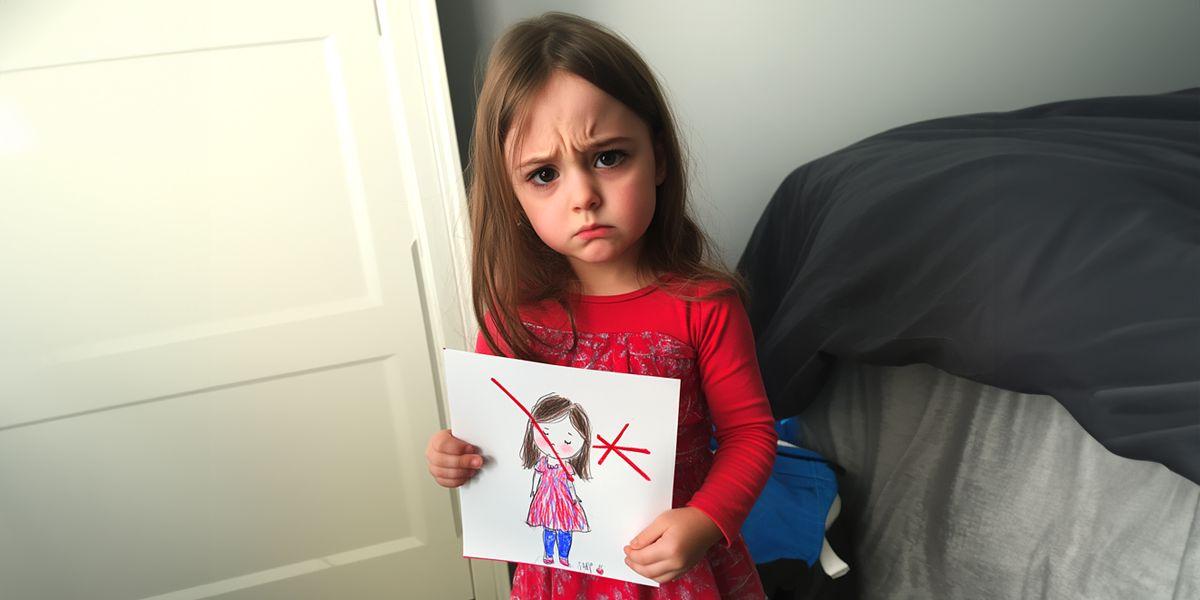Jackson Allard, a 22-year-old from North Dakota, has issued a dire warning about the dangers of vaping after narrowly surviving a life-threatening health crisis. Jackson’s story is a poignant reminder of the severe consequences that can arise from what many perceive as a harmless habit.
Jackson began vaping in his mid-teens, around 16 or 17 years old. Initially, it was a casual activity, something he did occasionally. However, as time went on, his use increased significantly. Vaping became a regular part of his life, and he often used it to cope with stress and other pressures. He, like many others, was under the impression that vaping was a safer alternative to smoking cigarettes. The flavored options and sleek devices made it seem less harmful, even trendy.
However, last October, Jackson’s life took a dramatic turn. He started experiencing severe health issues that he initially did not connect to his vaping habit. It began with stomach pains and a persistent cough, symptoms that could easily be mistaken for a common cold or flu. But as his condition deteriorated, he found himself struggling to breathe, and his oxygen levels dropped dangerously low. Realizing the gravity of the situation, Jackson sought medical help.

Upon being admitted to the hospital, Jackson was diagnosed with Influenza 4 and double pneumonia. His lungs were severely compromised, and the doctors quickly realized that his condition was critical. Despite their best efforts, his health continued to decline, and he was soon placed on life support. The situation was dire; Jackson’s family was told that he had only a 1% chance of survival.
The following days were a blur of medical interventions and emotional turmoil. Jackson experienced a cardiac arrest, a terrifying moment that brought him even closer to death. But against all odds, he was stabilized and remained on life support, his fate hanging in the balance. The medical team decided that a double lung transplant was his only chance for survival.
Finding a suitable donor was a race against time. Jackson’s family and friends waited anxiously, hoping for a miracle. Finally, a match was found, and Jackson underwent the grueling transplant surgery. The procedure was a success, but his recovery was far from assured. The road ahead was filled with challenges, including the risk of organ rejection and the need for lifelong medication and care.
Today, Jackson is on the path to recovery, but his life has been forever changed. The experience has left him with a new perspective on the dangers of vaping. He now dedicates his time to educating others about the risks associated with this habit. Jackson’s message is clear: vaping is not a safe alternative to smoking. The chemicals and substances inhaled through vaping can cause severe, even life-threatening, health issues.
Jackson’s story is a stark reminder that the perceived safety of vaping is a dangerous misconception. He urges others to learn from his experience and to avoid vaping altogether. The consequences of this habit can be devastating, as he has personally experienced.

In sharing his story, Jackson hopes to prevent others from going through the same ordeal. He wants to raise awareness about the severe health risks associated with vaping and to encourage people to seek healthier alternatives. His message is particularly aimed at young people, who are often the most vulnerable to the lure of vaping.
Jackson’s journey has also highlighted the importance of medical research and organ donation. Without the advancements in transplant surgery and the generosity of his lung donor, Jackson’s story might have ended very differently. He now advocates for organ donation, understanding firsthand how it can save lives.
As Jackson continues to recover, he remains committed to his mission of spreading awareness. His story is a powerful testament to the resilience of the human spirit and the importance of making informed choices about our health. Jackson Allard’s experience serves as a sobering reminder of the real dangers of vaping and the need for greater public education on this issue.



